23 Mar, 2022 Communism from the Pulpit (Pt. 1)
Part One of an Exclusive Op/Ed, titled ‘Pulpit Paranoia’
By Summer Lane
“There is a time for all things, a time to preach and a time to pray. But there is also a time to fight, and that time is now come!”
These immortal words echoed dramatically within the walls of the Woodstock, Virginia church in 1776 (Penn, 2021). The preacher who so fervently declared this call to arms was John Muhlenberg, a passionate pastor-turned-colonial officer, freshly commissioned by General George Washington himself to raise a regiment to fight in the War for Independence. At the end of the day, more than 300 men from Muhlenberg’s congregation rode away with him to join the war effort, bidding farewell to their wives and children. Many would not return.
This was not at all an uncommon scene during the American Revolution. In fact, according to the American Pastors Network, the coalition of colonial ministers who took up arms to fight the tyranny of the British crown were so numerous that they were dubbed the Black Robe Regiment. It’s a good bet that most people haven’t heard of the Black Robes. It’s a shame, because were it not for the unfaltering strength and courage of the puritanical churches in the American colonies, the Revolutionary War would likely never have been won. Certainly, there are explanations for America’s surprising victory over Britain that range from strategic to luck. And yet the churches and the pastors of the very young America were initially responsible for upholding the torches of liberty.
Early American culture was so deeply rooted in puritanical ideology that the idea of declaring independence and seizing tightly to liberty was second nature to the early colonists. Many had come to America for religious freedom, a notion that no American today can truly grasp. As American citizens today waltz languidly into sleepy-eyed worship services that boast electric guitars and disco balls, the days of rough-hewn wood-steepled chapels are forgotten. Forgotten also are the rivers of blood that soaked the streets of Europe during the Great Inquisition. Forgotten are the cries of horror during the Saint Bartholomew’s Day Massacre in France hundreds of years ago. Forgotten are the executions and persecutions of the church of Christ in England and Spain. Forgotten are the thousands of pilgrims and sojourners who starved to death in the wilderness of the New World, grasping desperately at the threads of a newer, freer life. The American colonists, many who were direct descendants of these brave religious pioneers and zealous settlers, had worked hard to carve out an unperturbed existence for themselves along the East Coast. And, thanks to the lax enforcement of royal policy in the geographically isolated colonies – officially termed salutary neglect – Americans had developed a taste for two things: freedom to worship however and wherever they chose, and freedom to tend to their own business as they saw fit.
Inevitably, things began to change. Britain became acutely aware of the Americans’ penchant for rebellious, independent behavior in the wake of the grueling French and Indian War, and decided that the policy of salutary neglect was not working out. They realized, too late, how important the colonies had become – and their potential to become even more. The monarchy’s fatal mistake, it would seem, was writing off the American colonies as weak, inconsequential tracts of land. Britain’s attempt to tighten their control on the American colonies by way of taxes, tariffs, and regulations was met with white hot rage. How long, after all, had Americans been left to tend to their own affairs? They had fought and bled and suffered and starved to eke out their colonial lifestyles, and suddenly the British crown assumed that this wealth of potential was theirs to seize by way of legislation? Never! American colonists were incensed. This was their home. They had done the legwork. They had suffered the starving times, they had taken the risks. The crown had no such claim. Britain had maintained only cursory interest in the American colonies until the French and Indian War pulled their attention dead center to it, highlighting a fundamental blind spot on their political horizon.
For Britain, it was a strategic and integral blunder. For the Americans, it was the first step toward total independence. From the initial labor pains of boycotts and intellectual protestations (authored by the likes of Patrick Henry and John Adams), to the first shot fired at Lexington and the first real, bloody battle at Bunker Hill, the road to freedom would be paved with blood and bodies and fire and ash. But it was not just colonial soldiers who, beleaguered and beaten down, answered the call to join the Continental Army. Many ministers served in the regiments of the colonial forces, and many more parishioners besides. These men (and women) of faith understood that the heartbeat of American life was contained within the church. The moral framework for their entire society – a society whose foundational principles were rooted in the gospel-centered idea of freedom and brotherly love – was predicated on the strength of the people. It was, after all, John Adams who would later state that the Constitution of the United States was written only for a moral and religious people. A caveat to the gift of freedom. “A republic,” Benjamin Franklin would add, “if you can keep it.”

The churches of America were so heavily involved in the Revolutionary War, as a matter of fact, that the British Parliament would often refer to the situation in the colonies as the Presbyterian War. They recognized, at least, something that most high school and college graduates will never be taught: the fight for independence was won through the power of the local church. This is a lesson that modern churches in America seem destined to bury and stifle. The church today cannot hold a candle to the revolutionary zeal and fire of the colonial church. Indeed, colonial churches openly discussed public policies and politics from the pulpit, understanding that policy and legislation in turn affected society and that society, in turn, affected the overall climate of morality. Having once been so grossly persecuted, American colonists and preachers clearly understood the price of religious liberty. Churches today, clearly, do not. American churches no longer preach political sermons (because church isn’t about politics…right?). Why? Does the genocidal slaughter of millions of unborn children not demand the immediate intervention of the churches in America? How can one actually compartmentalize this annihilation of innocent life, relegating it to the category of politically-charged topics that must not be discussed on stage? How have we come to this point? Are American church-goers – and even more disturbingly, church pastors – so afraid of being labeled as offensive or politically incorrect that they cannot bring themselves to become involved in the civic process to halt such policies that prey on defenseless babies? Add to this the issue of human and sex trafficking in America, a bottomless depravity which permeates almost every level of society; a modern slave trade that sees the perverse breeding of infants, children, and women for torture, organ harvest, and sexual abuse. How long until churches, afraid to go toe-to-toe with federal or state agencies on Covid-19 regulations, will demand parishioners show medical passports to worship during their services? How long until come as you are is a thing of the past?
Many Americans wonder how it is that America has fallen so far. How is it that America, land of the free and home of the brave, has crashed to such crestfallen lows? Why are American churches terrified of addressing cultural and societal issues? When was the last time you heard a pastor speak candidly about a presidential election or a political issue? When was the last time you heard a pastor talk about the moral depravity of corporate America, a monstrous coalition of elitist abusers who enslave and destroy the lives of millions of slave laborers across the world? When was the last time you heard a pastor talk about the truth of the harmful effects of illegal immigration? Most will preach to love thy neighbor, whilst conveniently leaving out the part about the millions of human traffickers, rapists, and terrorists who are pouring into our country, posing a threat to the least of these – women and children. Where is the spine of the American church? Love cannot exist without the law. To argue otherwise is madness. American pulpits are so consumed with keeping the peace that they have forgotten that conflict avoidance is simply not the same as conflict resolution.
To be continued…!
Part Two of Pulpit Paranoia will available on Thursday, March 24, 2022!
 This week on the Counter Culture Mom Show, the theme is communism from the pulpit. Join Tina Griffin as she talks with several warriors for the American church who understand that freedom and Christianity are inextricably linked!
This week on the Counter Culture Mom Show, the theme is communism from the pulpit. Join Tina Griffin as she talks with several warriors for the American church who understand that freedom and Christianity are inextricably linked!
Be sure to also check out this phenomenal documentary, Enemies Within the Church, an “educational, historical, and evidence-based movie experience that provokes a passionate return to orthodox Christian faithfulness across the western world.”
Listen to the first two episodes this week, featuring Jon Harris, the founder of Conversations that Matter, and anti-communist filmmaker of Enemies within the Church, Trevor Loudon.
Summer Lane is the #1 bestselling author of 30 books, including the hit Collapse Series and Resurrection Series. She is an experienced journalist and columnist who reports on news within the U.S. and abroad. Additionally, she analyzes politics and policies in weekly op/Eds on The Write Revolution.
Summer is also a mom and wife who enjoys rural country living, herding cats, and gardening. She is passionate about writing about women’s issues, parenting, and politics from a theologically-grounded perspective that points readers to the good news of the gospel.
Download Our New Counter Culture Mom App to get our trending news and pop culture alert notifications. Connect with other parents in the Parent Chat section to gain helpful ideas on how to counteract the Pop Culture Cult!
Be sure to contact us if there is an issue you would like to have us write about! Our mission is to help parents deal with today’s lifestyle trends and how to biblically navigate them.





No Comments